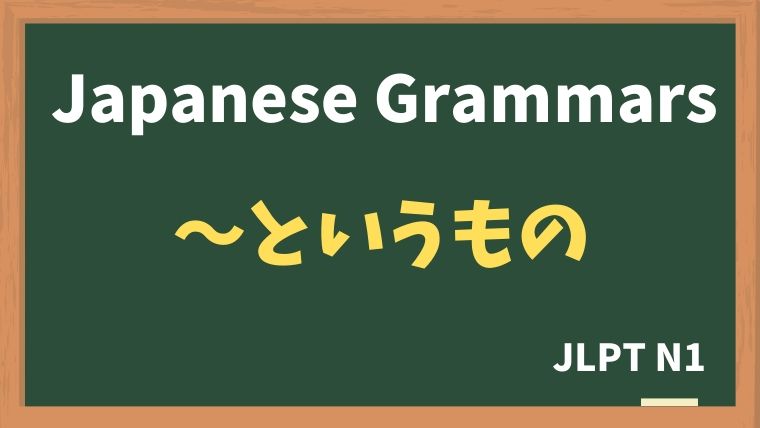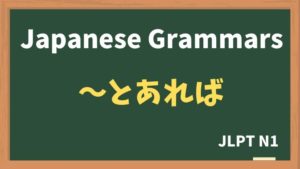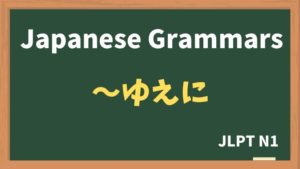
文型:〜というもの
fa-check-circleMeaning
"〜の間、ずっと"
"since / during / while / for"
Used to refer to a specific period, concept, or state, often highlighting the significance or characteristics of the mentioned time or concept. It can convey a sense of reflection, emotion, or emphasis on the experience or phenomenon being discussed. In English, it can be translated as "for the past...", "something called...", or "what is known as...".
fa-check-circleForm
N + というもの
① Nには期間を表す名詞が来ます。
② Nの前には「ここ」や「この」という言葉が付くことが多いです。
fa-check-circlePoints
- Used for Reflective or Descriptive Statements: The phrase is often used to describe a specific period of time or an abstract concept, often with a reflective or descriptive nuance.
- Emphasis on Duration or Concept: It emphasizes the duration of time (when referring to a time period) or highlights the essential nature of a concept or state.
- Neutral to Formal: This expression is more common in formal or written contexts but can also be used in spoken language depending on the situation.
fa-check-circleJLPT Level
N1
例文
彼女とケンカしてから、1ヶ月というもの、一度も連絡をとっていない。
Since our argument, I haven't been in touch with her at all for a month.
ここ1週間というもの、忙しいので、毎日残業が続いている。
For the past week, I've been so busy that I've been working overtime every day.
ここ1ヶ月というもの、外食していない。たまには外で食べたいなあ。
For the past month, I haven't eaten out. I'd like to eat out occasionally.
トムさんはここ1週間というもの、ずっと会社を休んでいる。何かあったのかなあ。
Tom has been absent from work for the past week. I wonder if something happened.
この40年というもの、私は家族のために一生懸命働いてきた。
For the past forty years, I have worked hard for my family.
忙しすぎてここ3日というもの、家に帰れず、ずっと会社で寝泊りしている。
I've been too busy to go home for the past three days, so I've been sleeping at the office.
Vocabulary
| Japanese |
English | |
| 寝泊りする | ねとまりする | to stay |






